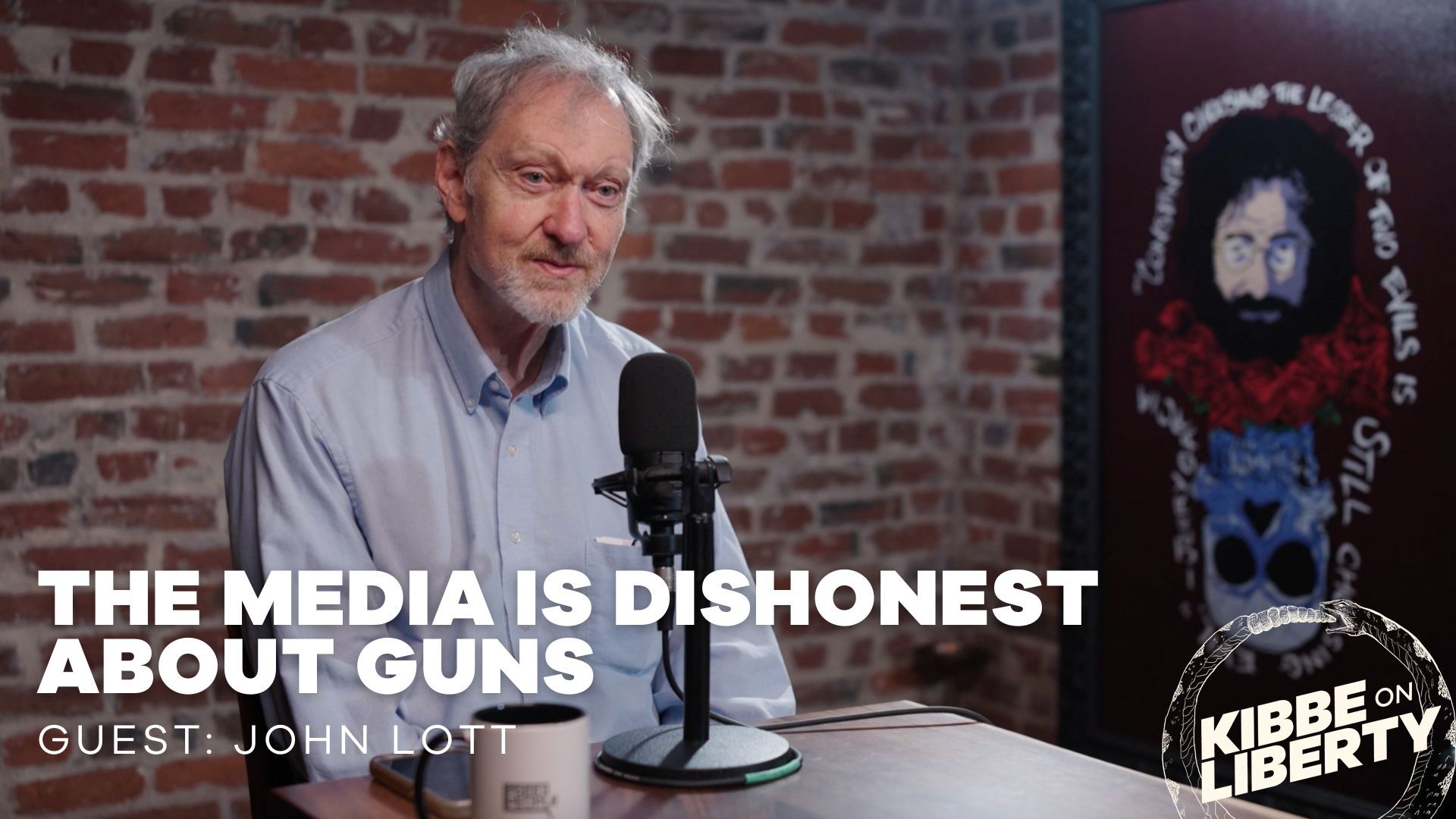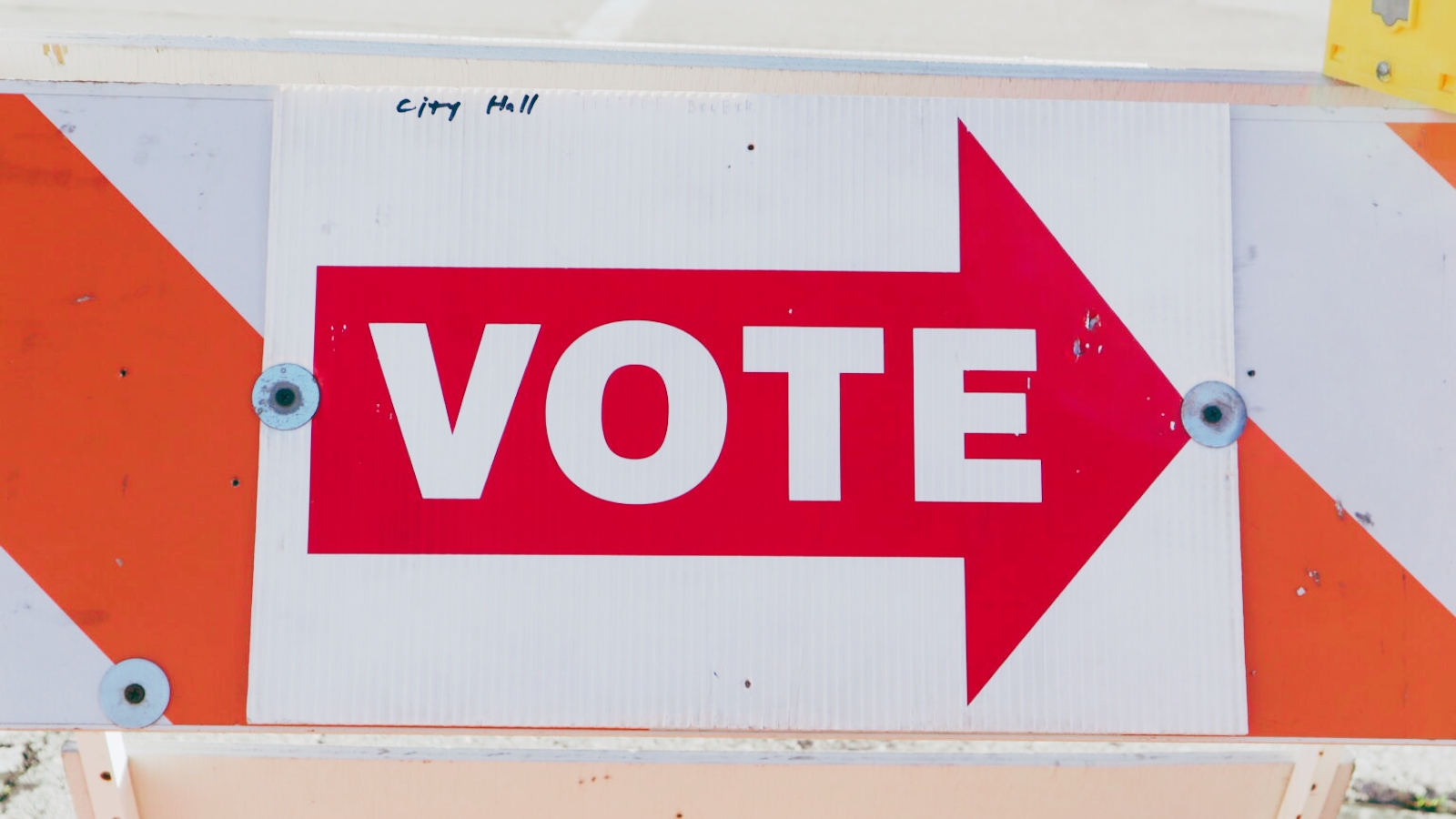
Are the Democrats Having a Tea Party Moment?
History doesn’t repeat itself, but it often rhymes. I’m reminded of this maxim as I watch what’s going on in the Democratic Party with an eerie sense of familiarity. It seems that socialist wunderkind Alexandria Ocasio-Cortez and her followers are taking on the party leadership, decrying the practice of protecting incumbent members of Congress from upstart primary challengers. As an upstart primary challenger herself, it’s no surprise that AOC would be passionate about this issue, and I can’t help but wonder what happens next.
For three years, I worked at FreedomWorks making pretty much this same argument. The institutional protection of well-moneyed incumbents is an obstacle to representative democracy, and prevents the ordinary voter from getting the kinds of policies he or she may want to see enacted. In that job, my colleagues and I fiercely took on crusty old establishment types like Mitch McConnell and Thad Cochran, aiming to replace them with young, dynamic, politicians who actually believed in the principles the Republican Party once stood for. We won few friends doing this, and some members of the political class even fantasized openly about “punching us in the nose.” Well, I guess popularity isn’t everything.
There is no doubt that the Tea Party burned bright and hot while it lasted, eager to make actual change in a government they felt was no longer listening to them.
Whether the results were an abject failure or a qualified success depends on who you ask. McConnell is still Senate Majority Leader, but some (not me, but some) would see Donald Trump’s ascension to the presidency as a victory for ornery outsiders over establishment favorites like Jeb Bush or Marco Rubio.
Now, for all the mockery aimed at the Tea Party by those on the other side of the aisle, it’s clear that those same frustrations have bubbled up from the ground and led to the rise of AOC and her cohorts. Young, idealistic Democrats feel like they have been boxed out of their own party. Bernie Sanders was denied a chance at the presidency in favor Hillary Clinton, who felt she was owed the presidency not because she had the best ideas or leadership abilities, but because she had been waiting in line the longest. For Bernie voters, the sting of that injustice hasn’t faded. How can a party that operates on such insider dealing claim to represent the people?
What this is really about, and much of what the Tea Party was about as well, is a battle between the ideologues and the power brokers. Should the country be governed by people who genuinely want to implement policy change, or by those who simply want to line their pockets while holding a permanent seat in the halls of power? When the question is framed like this, it’s easy to see why AOC and Bernie Sanders are so popular. Personally, I think their ideas are insane and dangerous, but at least they have ideas. When you’re trying to appeal to young Americans, sincerity beats out cynicism, even if it is naïve and ill-informed.
The interesting question going forward is, how will it all end? Will this new progressive movement fizzle out, like the Tea Party mostly did? Will AOC get “punched in the nose” by Nancy Pelosi and the other members of the old guard, angry at having their establishment jimmies rustled by this newcomer? Will the 2020 election see a radical change in the Democratic Party, as the 2010 election did for the Republicans? It’s too early to tell, but what is clear is that the frustrations that led to the formation of the Tea Party were not an isolated event in American history. They point to a real problem with how our government is run, so much so that even the Tea Party’s mortal enemies—far left progressives—have begun echoing the same complaints just a decade later.
I recognize that there’s not much Americans are willing to agree on these days, but maybe we can start building common ground on the idea that Washington is broken, that the political class does not have our interests at heart, and that the system is rigged against ordinary citizens. It may not be much, but at least it’s a start.
Free the People publishes opinion-based articles from contributing writers. The opinions and ideas expressed do not always reflect the opinions and ideas that Free the People endorses. We believe in free speech, and in providing a platform for open dialogue. Feel free to leave a comment.



